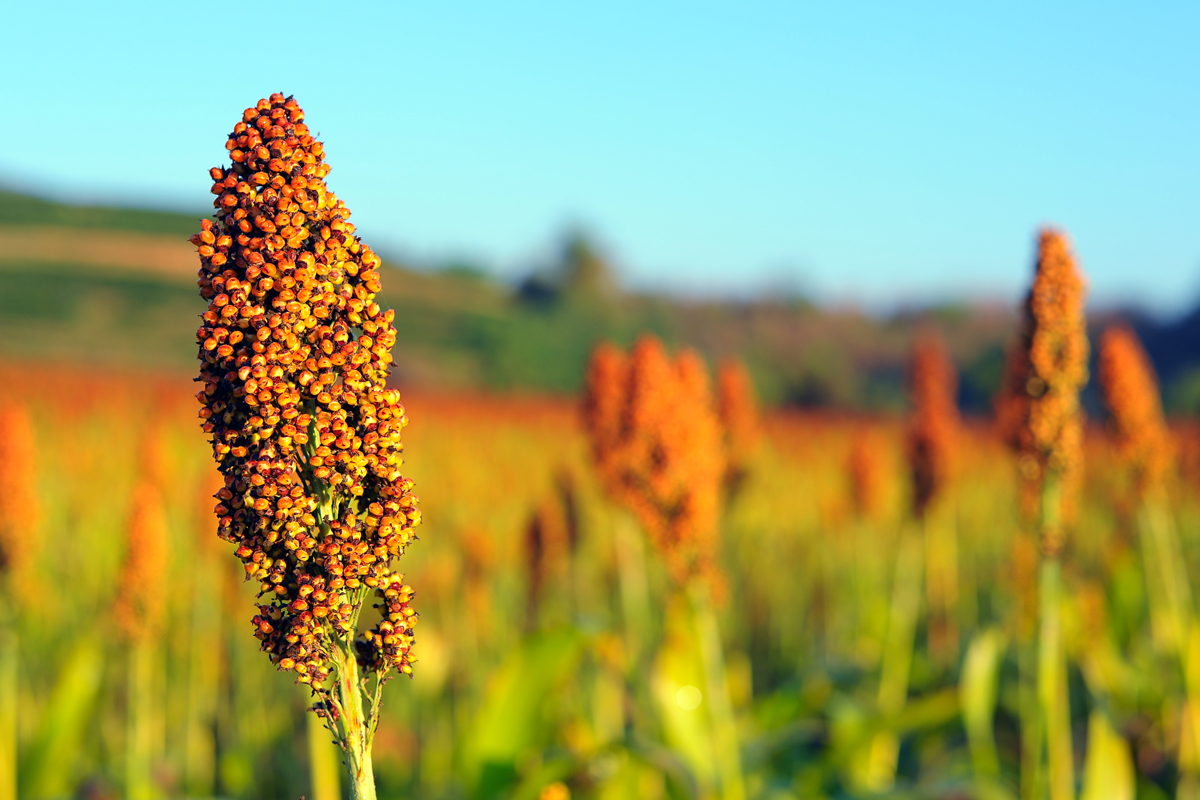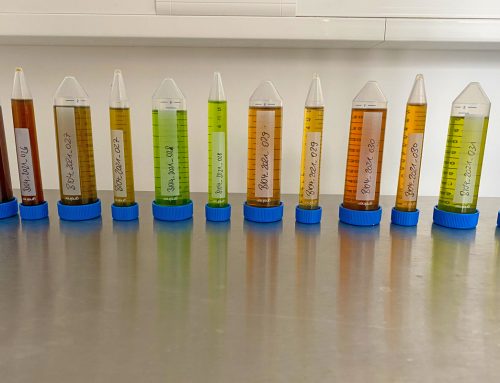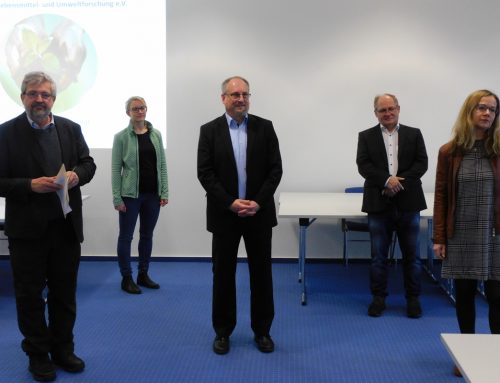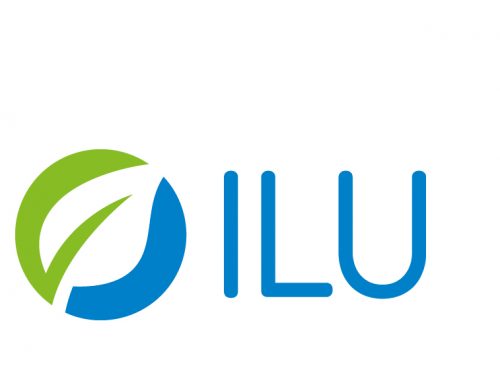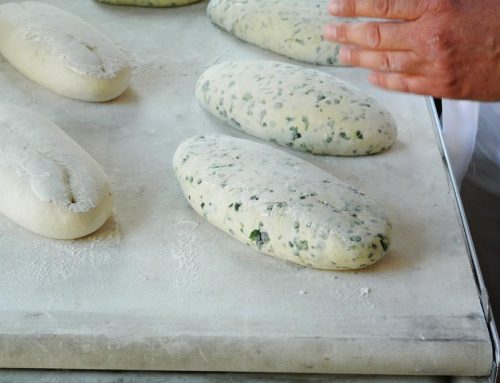The coordination office at the ILU provides information:
For many years, the Research Institute for Post-mining Landscapes (FIB) has been working on the cultivation of renewable raw materials on areas where lignite was mined for a long time. The researchers are particularly interested in the possible establishment of millet cultivation in Lower Lusatia as an alternative and supplement to maize. The FIB project “Sorghum I – III” showed that Sudan grass hybrids can offer a biomass yield potential comparable to maize, and that fodder millet can even be clearly superior. Their use in biogas plants is therefore quite possible. Now a sorghum field day is starting on 1 September.
In order to increase the somewhat lower energy yield of sorghum silage compared to maize silage, various breeding lines of an energy sorghum type are being developed at the Justus Liebig University in Gießen in cooperation with breeding companies. These so-called Sorghum bicolor dual-type hybrids have a higher grain content with shorter stalk lengths. There is only limited experience with their cultivation in the marginal soils of Brandenburg.
For this reason, the FIB has been conducting cultivation trials with three dual-type variety candidates in comparison to forage millet and maize at three locations in Lusatia since 2021. With a field day, those responsible for the project now want to inform about the findings of the trial years 2021 and 2022 and cultivate the exchange of experience with practice and research partners.
The sorghum field day will take place on 1 September at 10 a.m. on a trial plot near Finsterwalde and then on the premises of the research institute.
You can find more details here: Einladung zum FIB Sorghum-Feldtag
Bildquelle: IStock/sayanjo65
